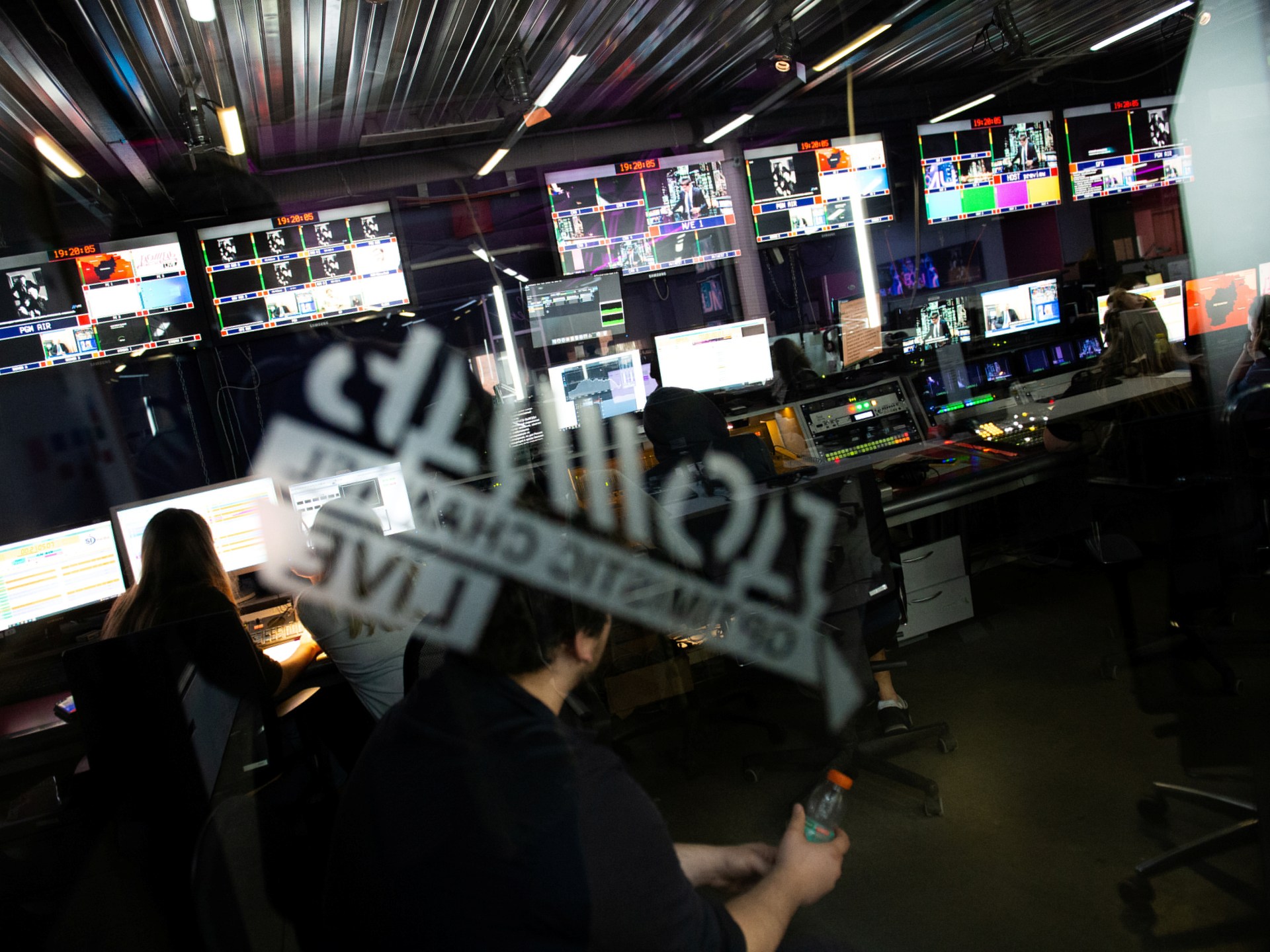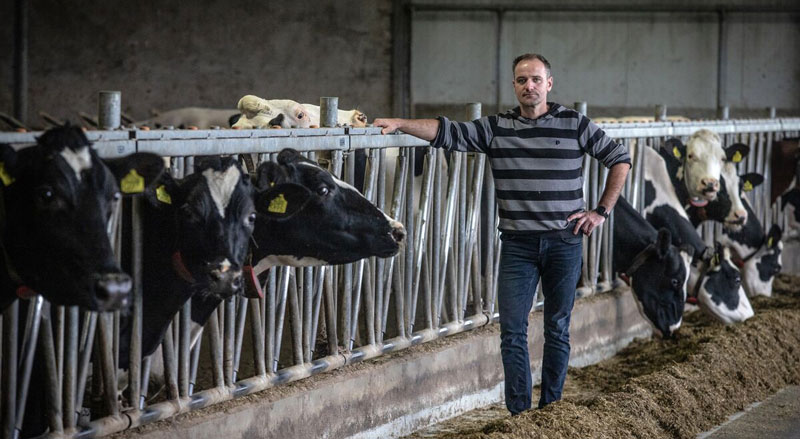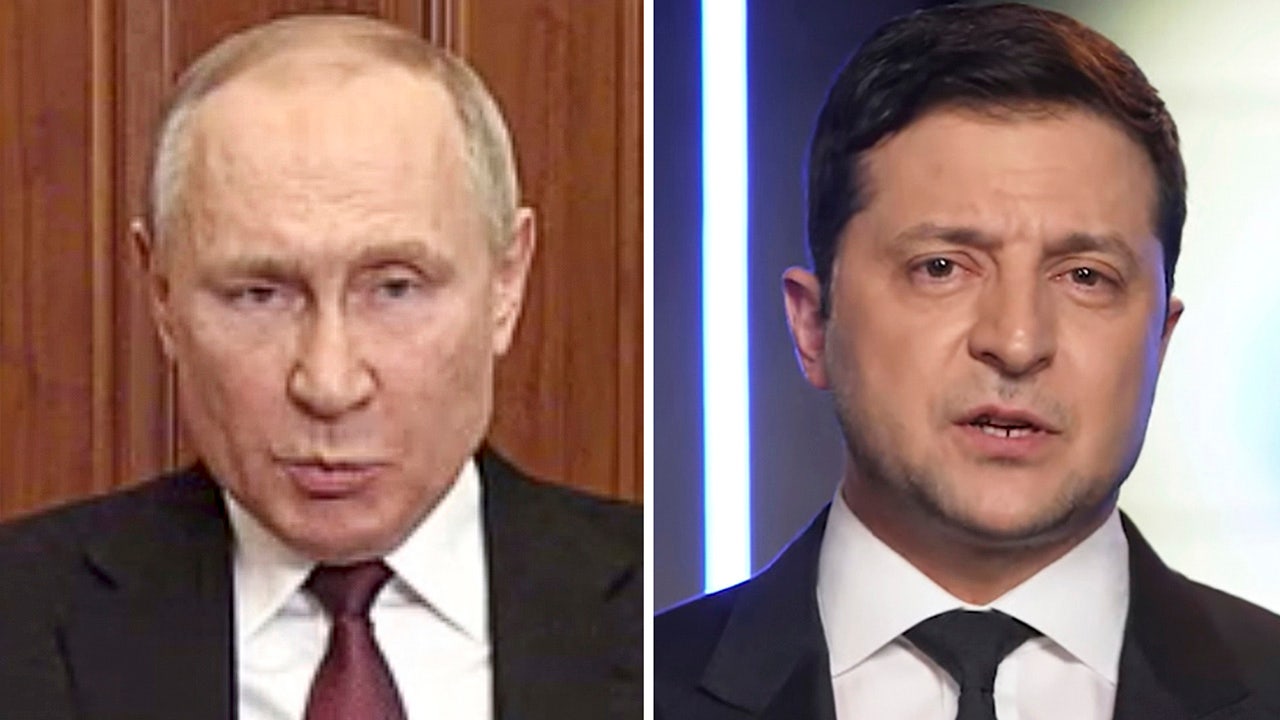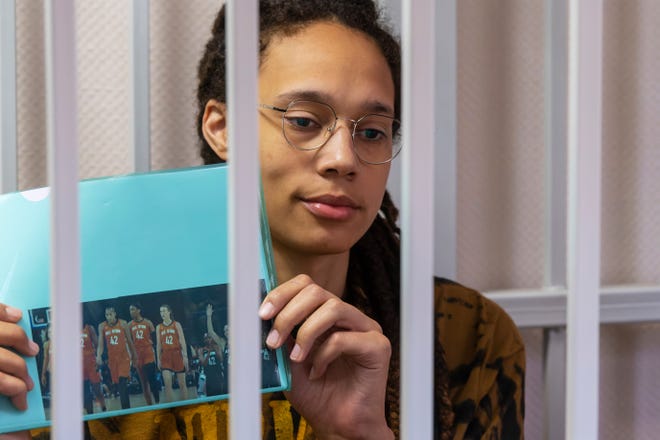Latvia switches off the liberal Russian TV channel it took in | Russia-Ukraine war News
The gulf between Russia’s liberal opposition in exile and their hosts became apparent this week, with Russia’s last remaining independent TV channel, Dozhd (Rain), losing its Latvian broadcasting licence after a scandal.
Last week, in a live segment covering the challenges plaguing Russia’s military mobilisation for the war in Ukraine, correspondent Alexey Korostelev said: “We hope that we are able to help many servicemen, among others, with equipment or just elementary amenities at the front.”
Pro-Ukraine observers saw Korostelev’s comment as at best a sign of sympathy towards the invading Russian forces, and at worst, an endorsement of Moscow’s relentless offensive, which has seen thousands killed in almost 10 months of the war.
Rain promptly fired the reporter in question within hours of the incident; Korostelev apologised and tried to clarify his remarks. But the damage was done.
Latvian officials reacted swiftly, with Defence Minister Artis Pabriks calling for Rain to be expelled.
The channel was placed under investigation by the security services.
Separately, Rain was fined 10,000 euros ($10,500) for using a map in which the Crimean peninsula, annexed from Ukraine in 2014, was shown as Russian territory.
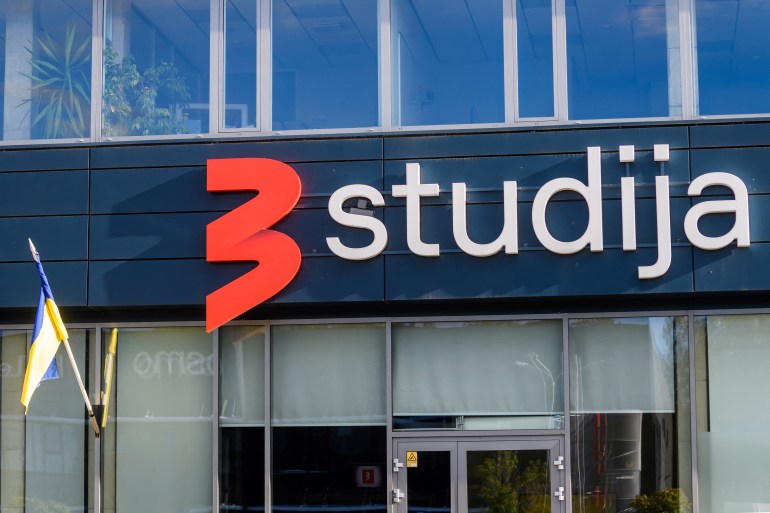
Latvia granted Rain a broadcasting licence in June, after a Russian crackdown on the media and harsh restrictions made their work impossible.
On Tuesday, the National Electronic Mass Media Council (NEPLP) revoked Rain’s broadcasting licence on the grounds of national security and public order. Rain has until Thursday to cease transmission.
Rain Editor-in-Chief Tikhon Dzyadko called the decision “undoubtedly absurd and divorced from common sense”.
“I’ve read in books that the West upholds the right to a fair hearing and that the accused party has the right to present their arguments in defence,” Dzyadko said in a statement.
“Did TV Rain have that opportunity? No, it didn’t. TV Rain was not invited to the National Electronic Media Council’s 30-minute session. As a result of that 30-minute meeting, a 14-page ruling appeared. We can only envy the remarkable speed with which these respected members of this honourable council can write.”
“What Alexey Korostelev said on air does not reflect the network’s position. It’s not true, and Alexey Korostelev was held accountable in the only way possible: his employment with the television network was terminated.”
Dzyadko addressed another alleged violation of broadcasting rules when Rain correspondents referred to Russian forces as “our” army.
While Rain was based in Latvia, the authorities considered it a Latvian channel, not Russian.
“People can debate the flagged violation in the phrase ‘our army’ when addressing a Russian audience. Our army is committing war crimes – not the army of Alpha Centauri, but ours (we, the citizens of the Russian Federation) is committing war crimes. According to Ukrainian officials, 40,000 war crimes since February 24. Where’s the glorification here?”
In Moscow, Kremlin spokesman Dmitry Peskov joined in the spat, saying: “It seems to some people all the time that other places are better than home, and it seems to some people all the time that other places have freedom, and there’s no freedom at home
“This is one of the bright examples that demonstrates the fallacy of such illusions.”
Others in the pro-Moscow camp took shots at their opponents.
“Humiliated, weak, in a foreign land, where they are despised by both their own and others,” wrote journalist Abbas Djuma on Telegram. “In an attempt to earn a penny, they pour s**t on Russia, each other, and even on their own mother.”
Journalist and deputy chairman of Moscow’s city parliament Andrey Medvedev wondered why Rain would choose to set up home in a nation that “honours SS legionnaires, or decides to not allow in Russians with a Schengen visa, or cancels these visas to Russians at the border”.
“And then our miserable opposition wonders why its people consider them an enemy,” he told his Telegram readers.
In Latvia and the other Baltic nations, support for Ukraine runs deep, as does the memory of the Soviet occupation after World War II, and suspicion of their own ethnic Russian minorities.
“Latvia was occupied by Russia and thousands of Latvians were killed under the Soviet regime,” Olevs Nikers, the president of the Baltic Security Foundation, told Al Jazeera. “A large proportion of Russian minorities in Latvia, largely due to the Kremlin’s disinformation campaigns, are still disloyal to the Latvian state.”
One of the fiercest anti-Russia voices has been Latvian theatre director Alvis Hermanis, who has been calling for Rain’s expulsion from the country since August, accusing the liberal Russian opposition of harbouring the same mindset as the government in Moscow.
“The incident with TV Rain proved to be a moment of truth for the entire Russian opposition,” Hermanis wrote on Facebook.
“Now in three days we got to imagine what the future Russia would be like without Putin if it was led by the current opposition,” he continued.
“And this also includes what would be their attitude towards Latvia, which has the same population as in one Moscow micro-district … For now, there are very few Russian oppositionists who understand that not only Putin’s regime, but also the imperial consciousness of the Russian man must be changed.”
Russian liberal politician Lev Schlossberg, an outspoken critic of the war in Ukraine, called the decision to cancel Rain’s licence a populist reaction to appease radical nationalists.
“It’s a desire to rule a country leaning on the power of hate, and that is very dangerous,” he wrote on Facebook.
“The most unpleasant consequences will be for Latvia itself, which after 30 years of independence, has not found a stable balance of peaceful coexistence between people of different nationalities.”
Dzyadko promised that Rain would keep broadcasting on YouTube, where it has more than 3.7 million subscribers.

